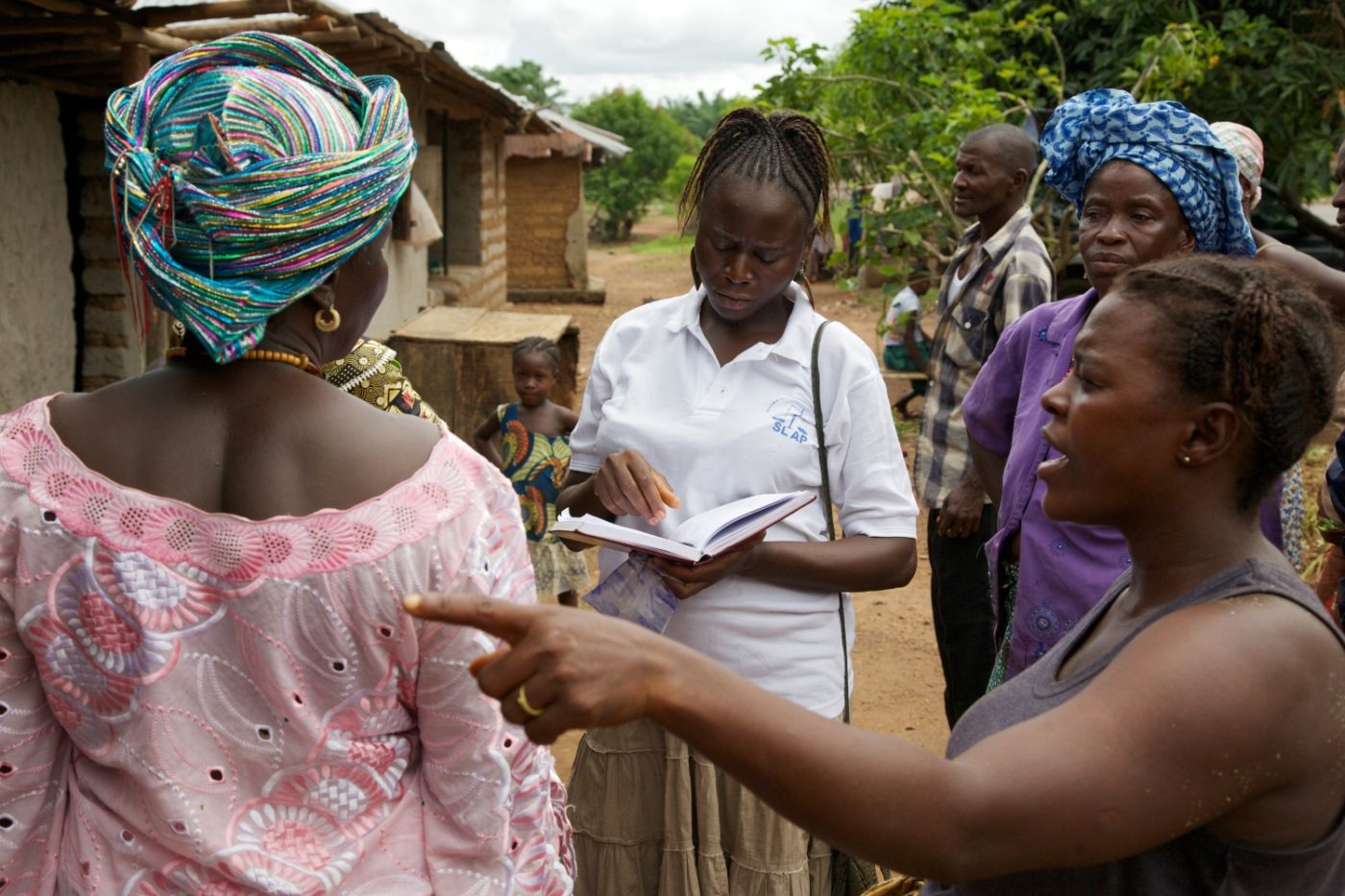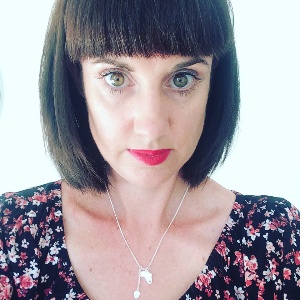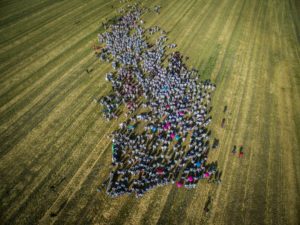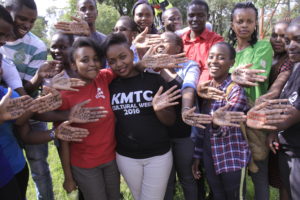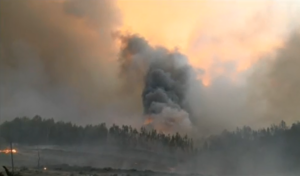It was a people-powered case that led to a landmark decision.
In November 2018, a court ruled that SIVA Group, a billion dollar conglomerate headquartered in Singapore, must return 41,500 hectares (103,000 acres) to villagers in the Port Loko district in Sierra Leone’s north and pay a fine of US $250,000.
SIVA had vowed when it leased the land in 2011 to create 8,000 jobs for the community and put local children in school. However, it failed to pay residents rent for three years, the country’s High Court said.
The ruling marked the first time a community in the west African country was successful in winning back land leased to a foreign company.
How did it happen? This isn’t the victory of a lone plaintiff, persuasive attorney or sympathetic judge.
It’s the story of the villagers who learned about how to use the law to protect their rights, the networked legal empowerment group that supported them to do so, and numerous other organisations that facilitated opportunities for those affected by oil palm plantations to share their experiences with one another.
A movement of legal advocates creating ‘ripples of empowerment’
The villagers were represented in court by Namati, which aims to build a movement of grassroots legal advocates around the world: the organisation’s paid paralegals teach individuals about the law, and these individuals go on to support others in their community, creating what Namati calls “ripples of empowerment”.
The paralegals rigorously collect data on every case that they work on to identify where legal systems are failing and how they can be improved, and together with the communities who now better understand how to navigate the law, they advocate for systemic reform.
The cycle continues. Once reforms are adopted, paralegals and communities “bring new laws or policies to life” by using them to solve specific problems.
Namati became involved with Port Loko in 2015 at the request of the committee of landowners, and subsequently the group organised legal literacy workshops for residents.
Namati’s legal empowerment approach uses litigation as a last resort. According to the group, courts and lawyers in Sierra Leone are generally far away, few in number, expensive and time-consuming.
That being said, administrative structures are also lacking, and the country’s security forces have a history of using violence against protesters. In such a context, the courts can be a critical avenue for achieving justice.
After learning about the law in the workshops that Namati organised, Port Loko residents decided to take the company to court after all other non-litigation attempts at enforcing their rights – such as engaging SIVA directly to make it pay rent arrears and re-negotiating a fairer lease agreement – failed.
“People power is essentially what allowed the community to stand up and be firm in their position and not let the company bulldoze over them, what led them to decide to initiate the lawsuit,” says Eleanor Thompson, a Sierra Leonean human rights lawyer for Namati.
“When communities are equipped with knowledge of the law, which has traditionally been used as a tool of oppression against them, and organise in a manner that allows them to directly engage the authority with a unified voice and clear message, they are in a much stronger position to be able to achieve their goals or bring about the change they want.”
Finding energy in experience sharing
Namati wasn’t the only group to lend its support to the residents.
In 2017, Sierra Leone Network on the Right to Food (SiLNoRF), GRAIN, Women’s Action for Human Dignity (WAHD), Action for Large-Scale Land Acquisition Transparency (ALLAT), Green Scenery, the World Rainforest Movement (WRM) and Bread for All organised a workshop in Port Loko that brought together women from different communities throughout Sierra Leone and Africa who are affected by palm oil plantations. The idea was to create a space to share their experiences and knowledge with one another.
Women endure brutal consequences of large-scale plantations and the associated land grabbing, says Devlin Kuyek from GRAIN. But they are typically excluded from consultation processes and even marginalised from struggles to regain the land.
The workshop culminated in the women outlining a document demanding that their participation be respected and that the lands be returned or “at the very least, the conditions for handing over lands to companies and the respective contracts are revised and the companies fulfill their promises”.
“Clearly the experience sharing had a very strong impact on the women,” Kuyek says.
“The energy that they had after that workshop was critical to the next step which was to escalate their fight.”
A global legal empowerment network for learning and exchange
Legal empowerment has been around for a while, says Namati’s Sierra Leone director Sonkita Conteh. He points out that as early as the 1950s in South Africa paralegals helped segregated people navigate apartheid laws.
A 2014 study by Namati highlighted cases where legal empowerment has led to community participation, the resolution of disputes, improvements in health outcomes and changes in international policy and practice around the world, from Cambodia to Honduras to Argentina. For instance, in Uganda clinic utilisation rates shot up while child mortality dropped by 33 per cent in villages after legal empowerment approaches involving community monitoring were taken.
However, gaps in understanding of legal empowerment strategies persist and new research would help, the report says.
Namati, which works in Sierra Leone, India, Myanmar, Mozambique, Kenya and the United States, are explicitly focused on the transferability and scalability of their model. They convene the Global Legal Empowerment Network, made up of 1,934 organisations and 6,761 individuals from 150 countries.
Advocates, comprised of lawyers, community paralegals, human rights activists, health educators, researchers, journalists and public servants, collaborate online and in person. The network offers learning exchanges, an annual legal empowerment leadership course, webinars, and the world’s largest legal empowerment resource library.
The network is now in the midst of a global campaign, Justice For All, calling for funding and protection of grassroots justice advocates. Their last campaign, Justice 2015, led to the inclusion of “access to justice for all” in the Sustainable Development Goals (SDGs).
“A major challenge for legal empowerment groups across the world is the difficulty of holding powerful and wealthy corporations accountable for the violations of the rights of communities in their pursuit of profit,” says Conteh. “The Port Loko palm oil case is a rare example of that actually happening.”
“It gives hope to the network but beyond that we share the strategies, challenges and steps leading to that victory.”
Top photo: A paralegal working for BRAC, a Namati partner organisation, supports members of the facility health management committee in Mamusa community in Port Loko to encourage community members to attend a scheduled health compact process. Photo courtesy of Namati.
